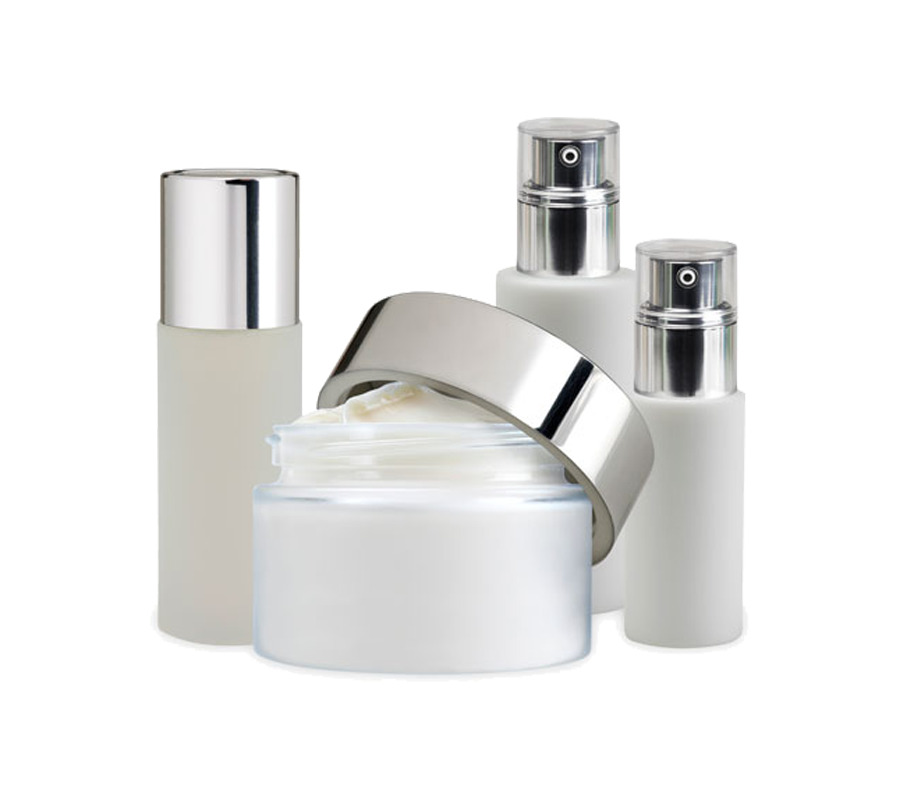In the burgeoning world of private label skin care, the opportunity for entrepreneurs to craft bespoke product lines tailored to niche markets has never been more accessible. Whether you are a seasoned skincare aficionado or an emerging entrepreneur, this detailed exploration of private label skin care products will elucidate the complexities and opportunities that lie within this dynamic sector.
Understanding Private Label Skin Care
Private label skin care products are manufactured by one company and sold under another company’s brand. This model allows retailers to offer high-quality, customized skincare solutions without the need for extensive manufacturing capabilities or large initial investments.
Advantages of Private Label Skin Care
- Customization: Brands can create unique formulations tailored to their target audience.
- Cost Efficiency: Avoid the overheads associated with manufacturing facilities.
- Brand Control: Own your brand’s identity, packaging, and marketing strategies.
- Speed to Market: Quicker turnaround times from concept to shelf.
Key Steps in Developing Your Private Label Skin Care Line
1. Market Research and Target Audience Analysis
Before diving into product development, it’s crucial to understand your target market. Conducting thorough market research helps identify gaps in the market, consumer preferences, and trends. Are you targeting eco-conscious millennials, or is your focus on anti-aging products for mature skin?
Steps to Conduct Effective Market Research:
- Survey Potential Customers: Utilize online surveys or focus groups.
- Analyze Competitors: Study competitors’ product lines, strengths, and weaknesses.
- Identify Trends: Keep abreast of emerging skincare trends through industry publications and social media.
2. Choosing a Reputable Manufacturer
Selecting the right private label manufacturer is pivotal. A reputable manufacturer should offer flexibility, quality assurance, and compliance with industry standards.
Factors to Consider:
- Quality Control: Ensure stringent quality control measures.
- Certifications: Look for certifications like GMP (Good Manufacturing Practice).
- R&D Capabilities: Access to robust Research and Development for innovative formulations.
- MOQ (Minimum Order Quantity): Ensure the MOQ aligns with your budget and sales projections.
3. Formulation and Ingredients Selection
Your product’s formulation is its core. Collaborate with your manufacturer’s R&D team to develop a formulation that aligns with your brand ethos and meets consumer demands.
Key Considerations:
- Active Ingredients: Select ingredients known for their efficacy, such as hyaluronic acid for hydration or retinol for anti-aging.
- Natural vs. Synthetic: Decide whether to go for natural ingredients, synthetic, or a hybrid approach.
- Allergen-Free Options: Consider hypoallergenic formulations for sensitive skin.
4. Packaging and Branding
Packaging is not merely functional; it is an extension of your brand’s identity. Your packaging must reflect your brand values and appeal to your target market.
Packaging Strategies:
- Design: Invest in professional design services for a visually appealing and cohesive brand look.
- Materials: Choose sustainable materials if eco-friendliness is a core value.
- Labeling: Ensure compliance with regulatory labeling requirements, including ingredient lists and usage instructions.
5. Regulatory Compliance
Navigating regulatory requirements is essential to ensure your products are legally compliant.
Compliance Checklist:
- FDA Regulations: In the U.S., ensure compliance with FDA guidelines.
- EU Regulations: Adhere to the EU Cosmetics Regulation for European markets.
- Claims Substantiation: Be prepared to substantiate any product claims made on packaging and marketing materials.
Effective Marketing Strategies for Private Label Skin Care
1. Building a Strong Brand Identity
Your brand identity is the cornerstone of your marketing strategy. A clear, compelling brand story differentiates your products from competitors.
Brand Identity Elements:
- Brand Mission: Define your brand’s mission and values.
- Visual Identity: Create a consistent visual identity, including logo, color palette, and typography.
- Voice and Tone: Develop a distinct voice that resonates with your target audience.
2. Digital Marketing and E-commerce
An effective digital marketing strategy amplifies your brand’s reach and drives sales.
Key Digital Marketing Tactics:
- Search Engine Optimization (SEO): Optimize your website content to rank for relevant keywords, such as “private label skincare” or “custom skin care products.”
- Social Media Marketing: Leverage platforms like Instagram and TikTok for visually engaging content and influencer partnerships.
- Email Marketing: Build an email list for targeted promotions and customer engagement.
3. Leveraging Influencer Partnerships
Influencers can play a significant role in boosting brand awareness and credibility. Partner with influencers who align with your brand values and have a strong following within your target market.
Steps to Successful Influencer Collaboration:
- Identify Influencers: Use tools like BuzzSumo or social media to find relevant influencers.
- Develop Campaigns: Create engaging campaigns that allow influencers to showcase your products authentically.
- Track Performance: Measure the impact of influencer campaigns through metrics like engagement rates and conversion rates.
Scaling Your Private Label Skin Care Brand
1. Expanding Product Lines
Once your initial product line gains traction, consider expanding your offerings to include complementary products.
Expansion Ideas:
- New Product Categories: Introduce related categories such as cleansers, serums, or masks.
- Seasonal Variations: Develop limited-edition products for holidays or special occasions.
- Product Bundles: Offer curated sets that provide a complete skincare regimen.
2. Entering New Markets
Expand your brand’s footprint by entering new geographical or demographic markets.
Market Expansion Strategies:
- Geographical Expansion: Explore international markets with a growing demand for skincare.
- Demographic Expansion: Target new customer segments based on age, gender, or skin concerns.
3. Enhancing Customer Experience
Exceptional customer experience fosters loyalty and positive word-of-mouth.
Enhancement Tactics:
- Personalized Recommendations: Utilize AI-driven tools to offer personalized product recommendations.
- Customer Support: Provide stellar customer support through multiple channels.
- Loyalty Programs: Implement loyalty programs to reward repeat customers.
Conclusion: The Future of Private Label Skin Care
The landscape of Private Label Skincare is evolving, driven by advancements in formulation technology, increasing consumer demand for customization, and a shift towards ethical and sustainable practices. By meticulously planning your product development, marketing, and expansion strategies, you can carve out a significant niche in this competitive industry. Embrace innovation, listen to consumer feedback, and continually refine your offerings to stay ahead in the dynamic world of skincare.

